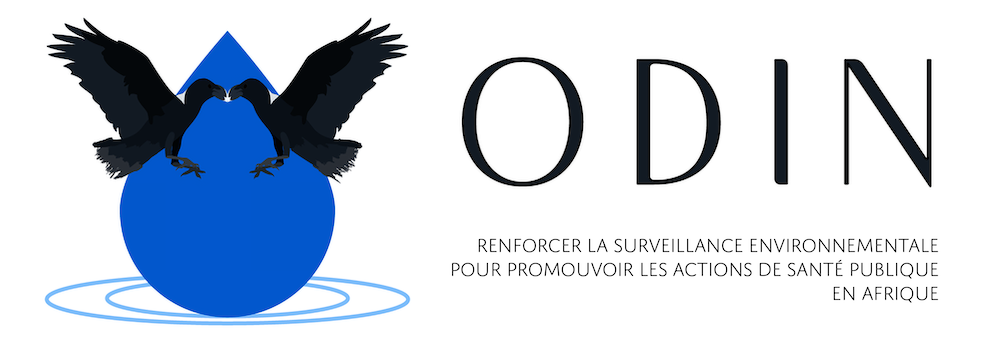
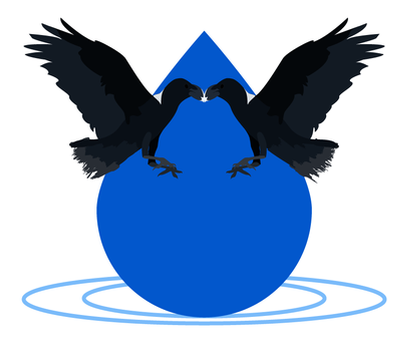 L'acronyme du projet s'inspire du dieu nordique Odin qui, selon la mythologie, aurait sacrifié un œil pour atteindre un niveau de sagesse supérieur. Grâce à ce sacrifice et à ses corbeaux Hugin et Munin, il a acquis la capacité de perception omnisciente. Ce projet part d'un cadre où l'accent était mis sur les agents pathogènes individuels (c'est-à-dire un champ d'application restreint) ainsi que sur les mesures individuelles (c'est-à-dire les patients), afin de mettre en place un système peu coûteux, robuste, facile à entretenir, mais capable, à l'instar d'Odin et de ses corbeaux, de tout détecter. Les données brutes seront soumises à plusieurs processus analytiques ajustables afin de créer des rapports facilement compréhensibles pour les principales parties prenantes, afin qu'elles puissent prendre des décisions rapides et éclairées.
L'acronyme du projet s'inspire du dieu nordique Odin qui, selon la mythologie, aurait sacrifié un œil pour atteindre un niveau de sagesse supérieur. Grâce à ce sacrifice et à ses corbeaux Hugin et Munin, il a acquis la capacité de perception omnisciente. Ce projet part d'un cadre où l'accent était mis sur les agents pathogènes individuels (c'est-à-dire un champ d'application restreint) ainsi que sur les mesures individuelles (c'est-à-dire les patients), afin de mettre en place un système peu coûteux, robuste, facile à entretenir, mais capable, à l'instar d'Odin et de ses corbeaux, de tout détecter. Les données brutes seront soumises à plusieurs processus analytiques ajustables afin de créer des rapports facilement compréhensibles pour les principales parties prenantes, afin qu'elles puissent prendre des décisions rapides et éclairées.
Le projet ODIN permettra de renforcer les capacités en génomique et en bio-informatique, ainsi que les compétences en gestion de bases de données pour la création, la maintenance et la recherche de grands ensembles de données dans les pays subsahariens. En outre, le projet développera un système de surveillance génomique basé sur la surveillance environnementale des principaux agents pathogènes transmissibles dans les eaux usées communautaires et d'autres échantillons environnementaux (puits, rivières, sols). De manière anonyme, rapide et socialement et éthiquement acceptable, la surveillance environnementale permet de détecter les épidémies d'agents pathogènes liées à la pauvreté, aux maladies d'origine hydrique et à la résistance aux antimicrobiens (RAM), ainsi que de transmettre ces informations aux principales parties prenantes afin de mettre en œuvre efficacement les données dans le cadre de stratégies de santé publique bien informées. En réunissant une équipe multidisciplinaire d'experts et d'organisations de premier plan dans les domaines de l'épidémiologie des maladies transmissibles, de la microbiologie, de la bio-informatique, des technologies de l'eau et des sciences environnementales, ODIN offrira un environnement optimal pour la recherche, le développement, le renforcement des capacités et la mise en œuvre, qui contribuera à établir un modèle durable pour l'application des systèmes de surveillance génomique dans les conditions subsahariennes et à soutenir l'approvisionnement en eau potable et l'assainissement.
Nos objectifs:
|
Mettre en place un système de surveillance environnementale pour un ensemble de pathogènes humains et de déterminants de la résistance aux antimicrobiens sélectionnés, qui sera testé et utilisé dans les communautés locales subsahariennes, en vue de soutenir l'ODD 3. (LT2). |
Développer un système mobile de surveillance des eaux usées et de l'eau potable afin de détecter, collecter des données et signaler efficacement et rapidement les épidémies dans les zones reculées des pays participants, contribuant ainsi à une réponse rapide. (LT3) |
|
Accélérer le traitement et l'analyse des données brutes grâce à une semi-automatisation interactive, accélérant ainsi le transfert des renseignements sur les menaces. (LT4). |
Mettre en place un programme de formation visant à renforcer les capacités en matière de séquençage génomique d'échantillons environnementaux et de traitement bioinformatique des données génomiques générées, qui contiennent des tendances spatiales et temporelles relatives à la présence d'agents pathogènes humains dans les régions subsahariennes. (LT6). |
|
Élaborer des normes pour soutenir les pratiques de partage des données génomiques, y compris au-delà des frontières nationales, à des fins de santé publique. (LT7) |
Renforcer les systèmes de santé grâce à des processus permettant de transférer les données générées aux principales parties prenantes (cliniques, gouvernements, décideurs politiques, etc.) afin qu'elles puissent prendre des mesures efficaces et rapides en cas d'épidémie ou de détection d'eau contaminée. (LT4, LT6, LT7) |
|
Étudier, d'un point de vue épidémiologique et bactériologique, le rôle des différentes espèces de Vibrio dans l'apparition du choléra. (LT5). |
Réduire le nombre annuel de cas de maladie et de décès liés à la consommation d'eau provenant de sources contaminées en sensibilisant la population et en fournissant des protocoles pour des interventions efficaces en matière d'eau et d'assainissement, à l'appui de l'ODD 6 (LT5). |
Découvrez l'équipe dévouée qui se cache derrière le projet:
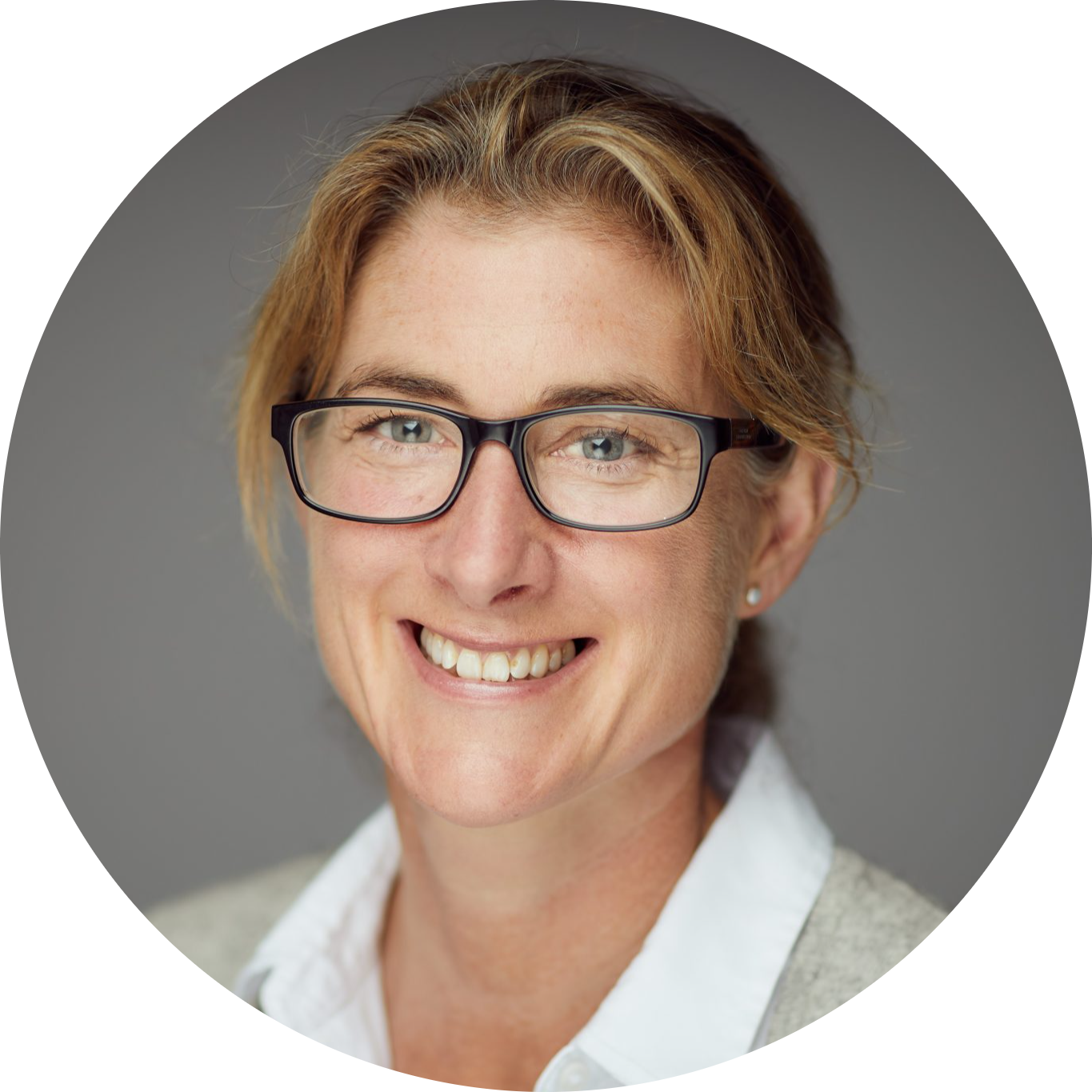 |
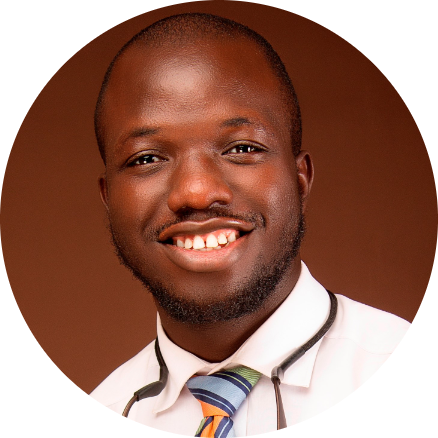 |
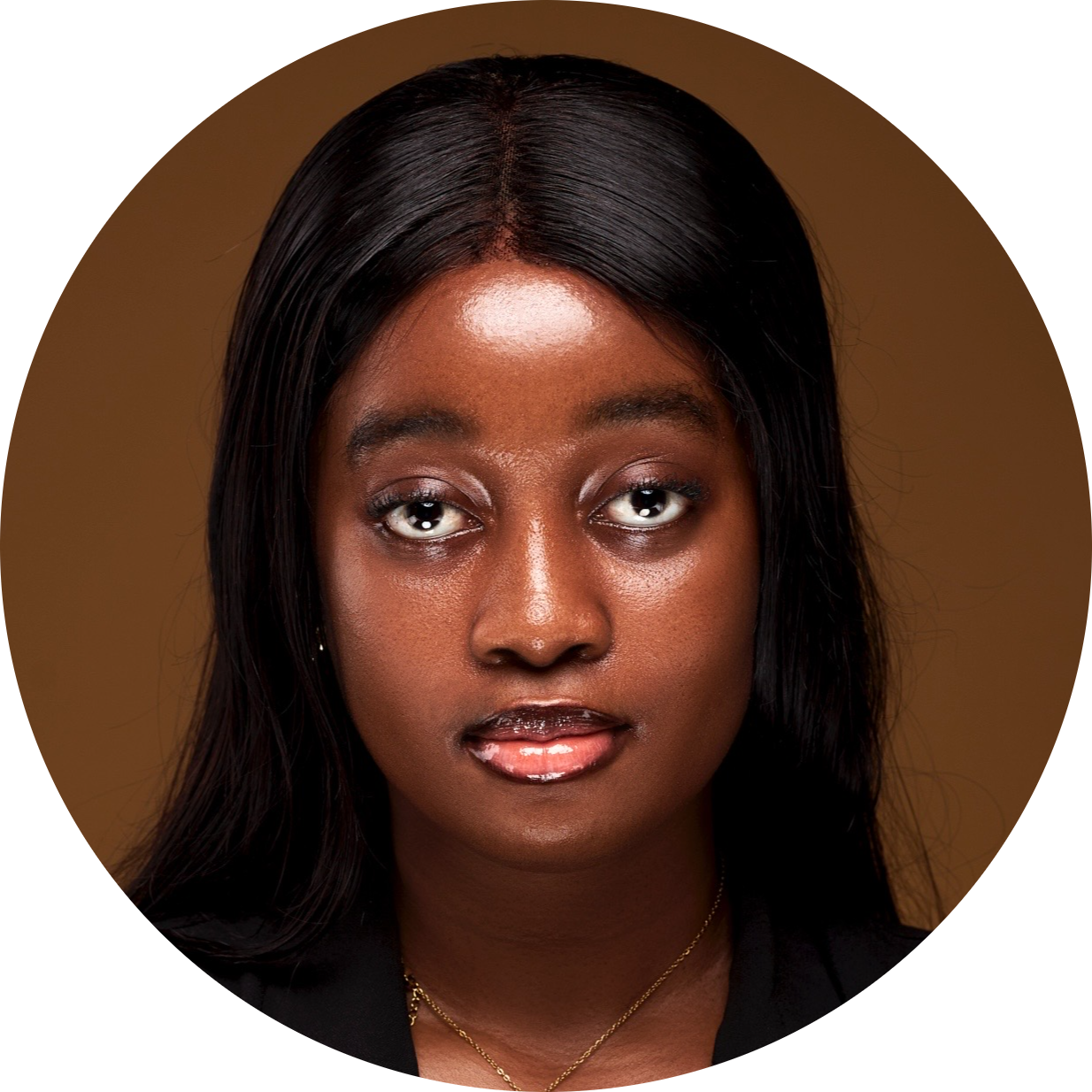 |
Trudie Lang |
Paul Kingpriest |
Nana Osei Bonsu |
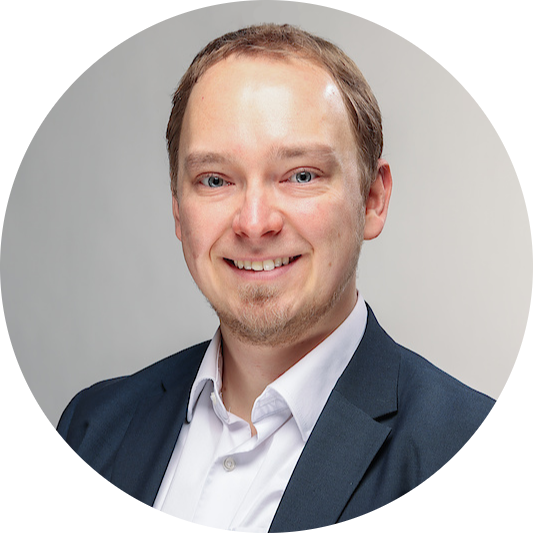 |
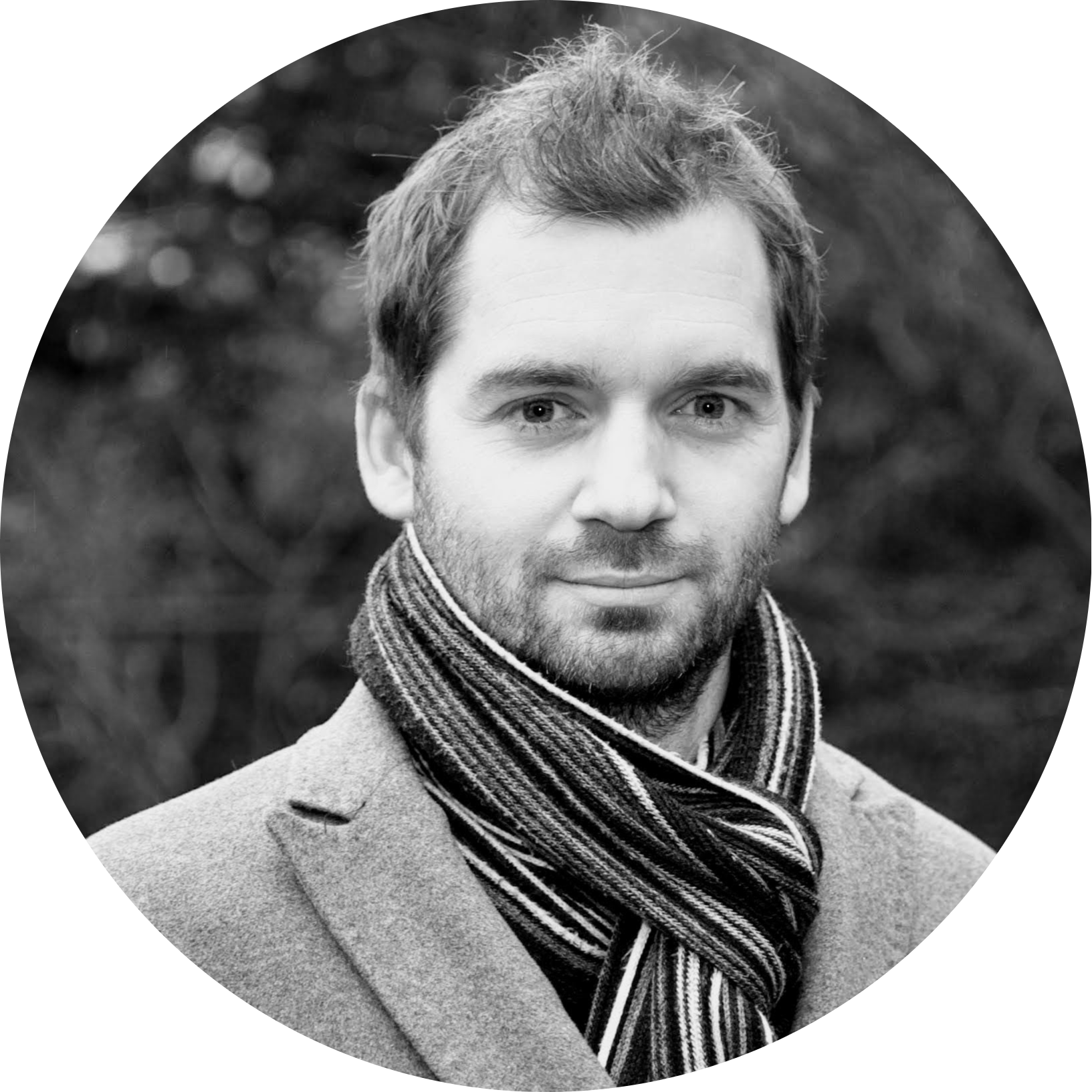 |
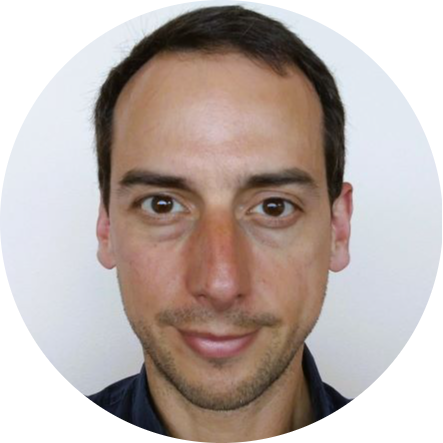 |
Tim Van Den Bossche |
Bart Mesuere |
Lennart Martens |
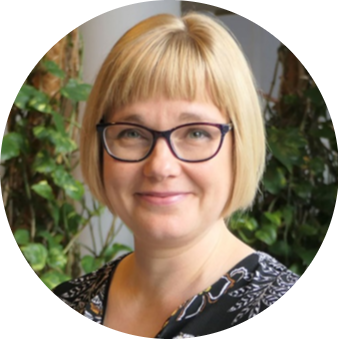 |
 |
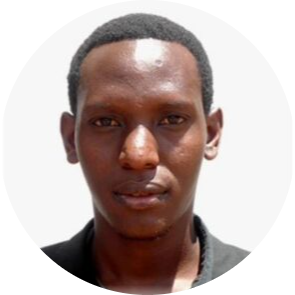 |
Tarja Pitkänen |
Rolf Lood |
Vito Baraka |
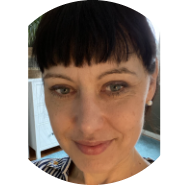 |
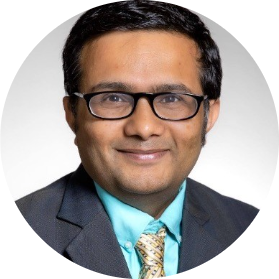 |
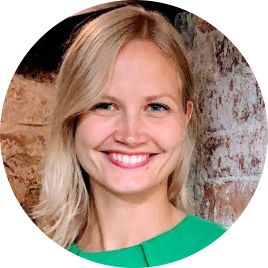 |
Adriana Krolicka |
Ananda Tiwari |
Taru Miller |
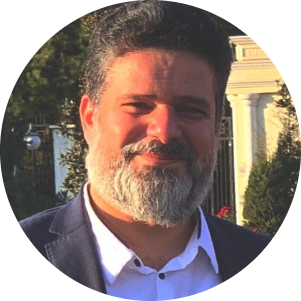 |
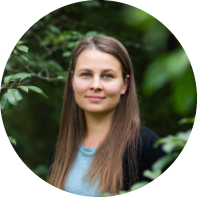 |
 |
Haider Al Hello |
Kati Raisänen |
Tor Langeland |
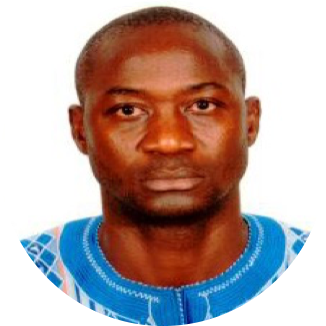 |
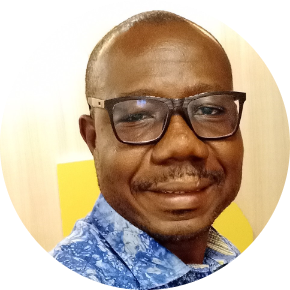 |
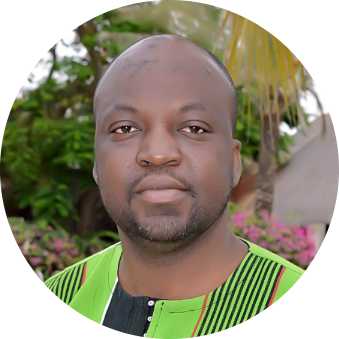 |
Küssome Paulin SOMDA H |
Marc C. Tahita |
Bérenger KABORE |
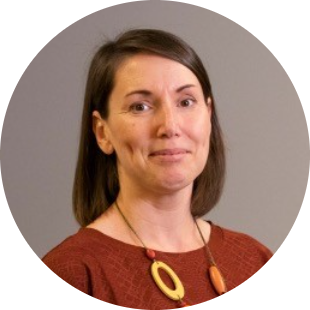 |
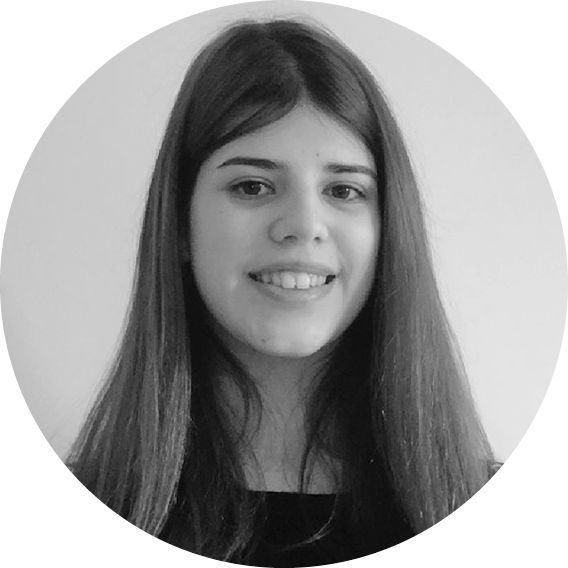 |
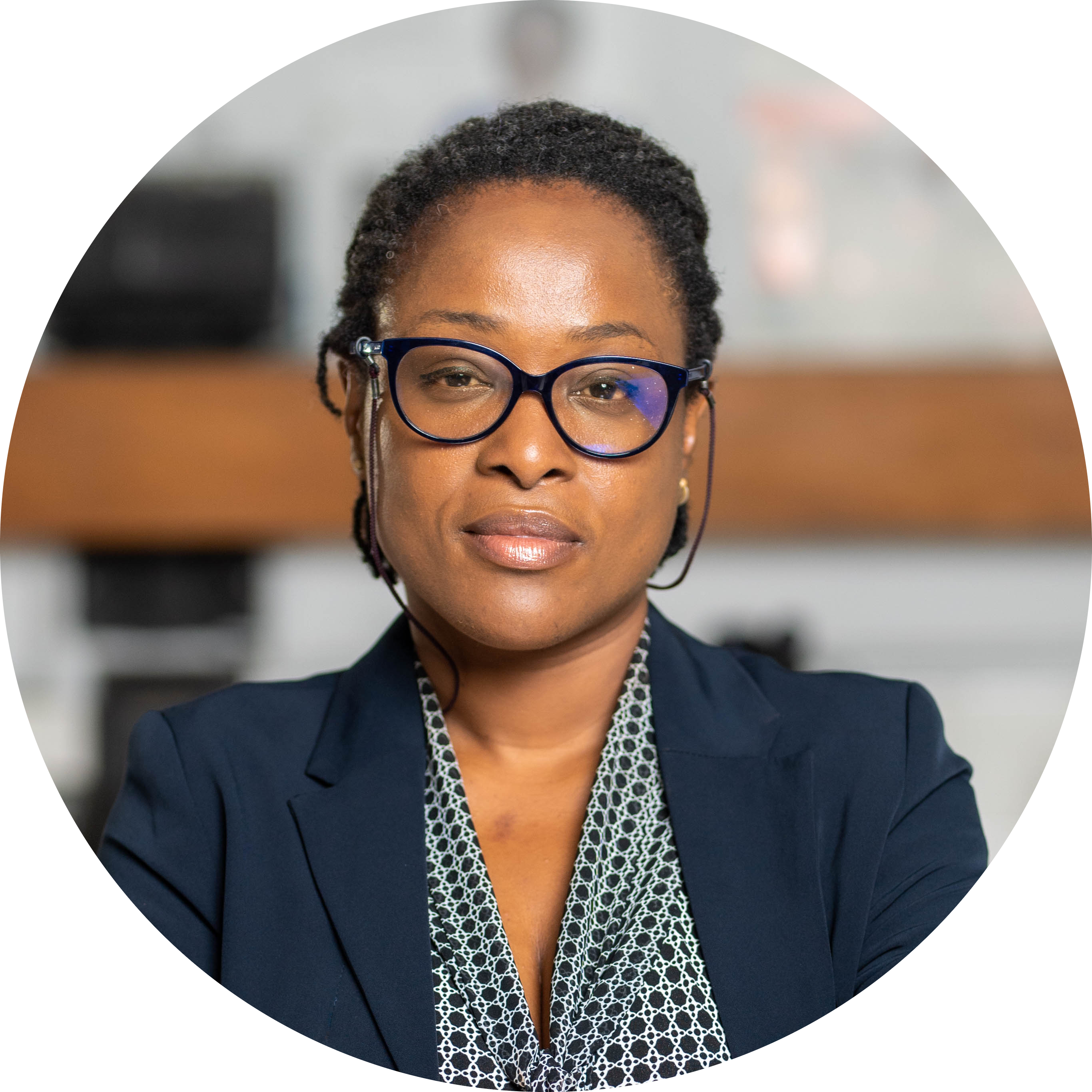 |
Andrea Bagi |
Maria Joao |
Vivi Maketa |
 |
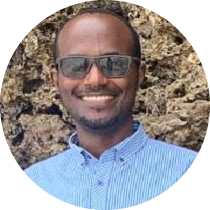 |
 |
Tam Tran |
Hillary Sebukoto |
Eric Lyimo |
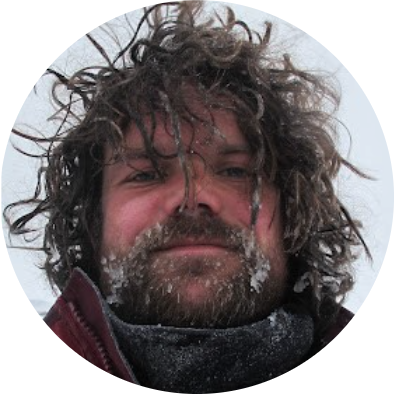 |
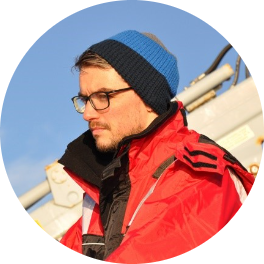 |
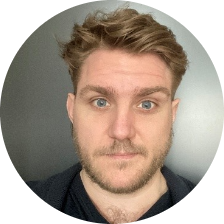 |
Alan Le Tressoler |
Kyle Mayers |
Dylan Shea |
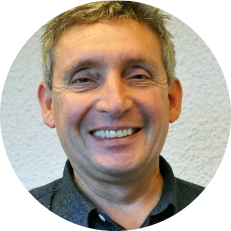 |
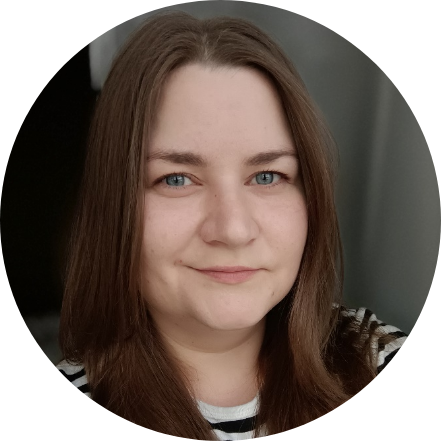 |
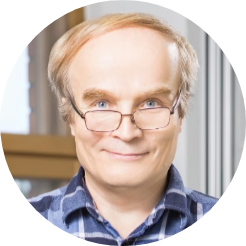 |
Jeremy Cook |
Elisa Salmivirta |
Ilkka T. Miettinen |
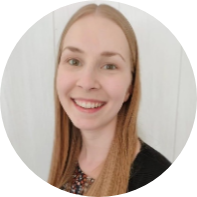 |
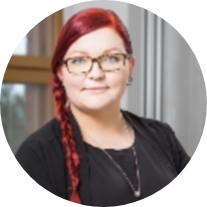 |
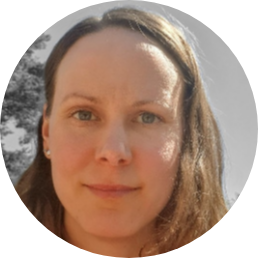 |
Kristiina Valkama |
Päivi Meriläinen |
Outi Nyholm |
 |
 |
 |
| Anni Vainio |
Nyambura Moremi |
Hypolite Muhindo Mavoko |
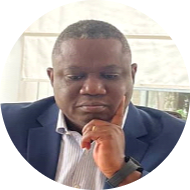 |
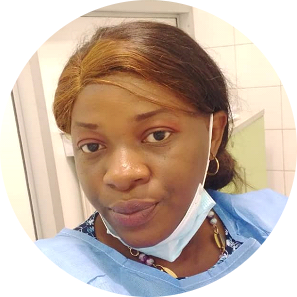 |
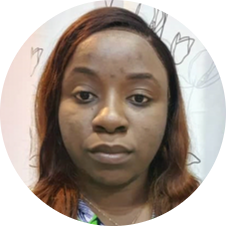 |
| Patrick Mitashi |
Melissa Kabena |
Evodie Ngelesi |
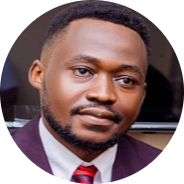 |
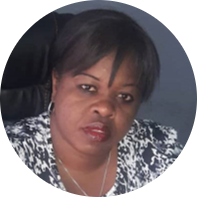 |
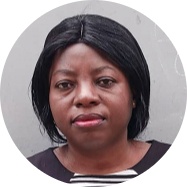 |
| Joseph Mabi |
Yvette Mahenzi |
Suzana Tevuzula |
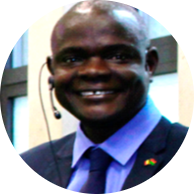 |
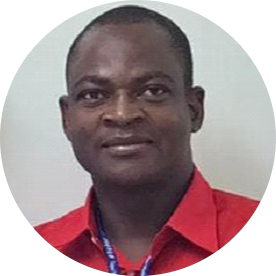 |
 |
| Palpouguini Lompo |
Sibidou YOUGBARE |
Zakaria GARBA |
